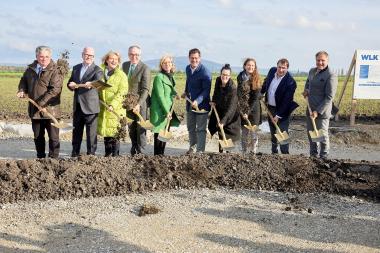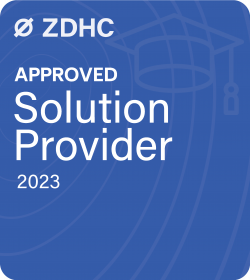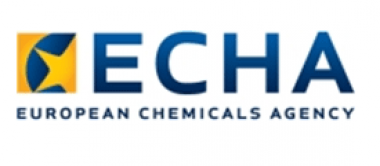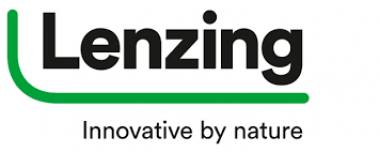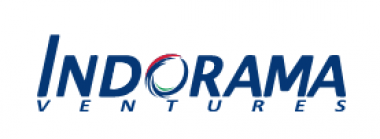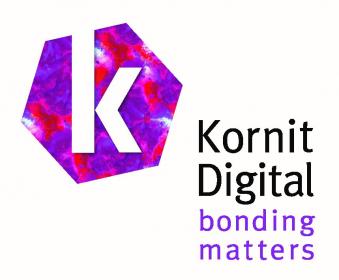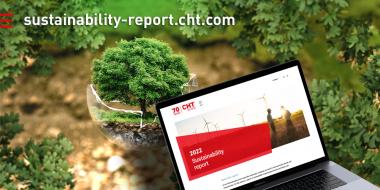Lenzing relies on wind power in the fiber and pulp production
The Lenzing Group has concluded a supply contract with the Austrian electricity producer WLK energy for the purchase of around 13 megawatts of wind power. Lenzing is thus not only underlining its commitment to climate protection and the energy transition, but is also making a long-term investment in a price-stable and diversified electricity supply. The contract has a term of 15 years and provides for supply from the new wind farm in Engelhartstetten from the first quarter of 2025.
The construction of the wind farm is a joint project involving several partners, including the operator and electricity supplier WLK energy, based in Untersiebenbrunn (Lower Austria). The total output of the wind farm with a total of eleven wind turbines will be around 45 megawatts. The share of around 13 megawatts, which will be produced exclusively for the needs of the Lenzing site (Upper Austria), corresponds to the average electricity requirements of around 10,000 households per year in Austria. The ground-breaking ceremony to mark the start of construction took place on November 09, 2023 with representatives from politics and business.
In 2019, Lenzing was the first fiber manufacturer to set itself the goal of reducing its CO2 emissions by 50 percent by 2030 and becoming carbon-neutral by 2050. This CO2 reduction target was recognized by the Science Based Targets Initiative. In 2022, Lenzing opened Upper Austria's largest open-space photovoltaic plant together with Verbund and also signed an electricity supply contract for photovoltaic energy with the green electricity producer Enery and Energie Steiermark.
Lenzing AG


